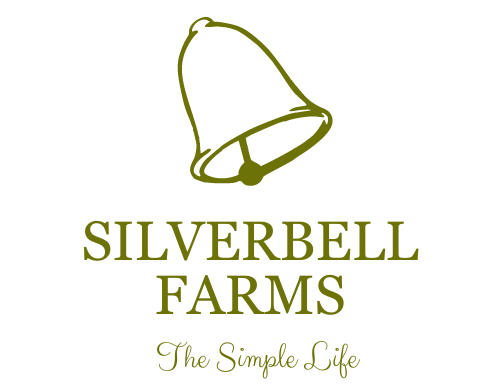Introduction
Investing in real estate has always been a popular choice for those seeking stable, long-term returns. While urban properties have been the go-to option for many investors, the allure of a farmhouse as an investment opportunity cannot be ignored. Farmhouses represent a unique blend of rustic charm, tranquility, and potential income generation. In this blog, we’ll explore the factors that make buying a farmhouse a potentially good investment, as well as the associated risks and considerations. Pros of Buying a Farmhouse
Escape from Urban Life:
Farmhouses provide a perfect escape from the hustle and bustle of city life. With vast open spaces, fresh air, and serene surroundings, they offer a peaceful retreat for those seeking a break from urban stress.
Potential for Rental Income:
Depending on the location and size of the farmhouse, there is a chance to generate additional income through vacation rentals or agritourism. Tourists often seek unique experiences, and staying at a farmhouse can be an attractive option.
Land Appreciation:
While urban property prices can be volatile, farmland has historically shown steady appreciation. Investing in a farmhouse with adjoining land provides the potential for long-term appreciation, especially as urbanization pushes the boundaries of cities outward.
Diversification:
A farmhouse investment can act as a diversification strategy in a real estate portfolio. It serves as a hedge against economic downturns and changes in urban property markets.
Personal Use:
Unlike many other investment assets, a farmhouse can also be used for personal purposes, such as family vacations or weekend getaways, making it a versatile investment. Cons of Buying a Farmhouse
High Initial Investment:
Farmhouses with ample land can be expensive, and the initial investment may be significantly higher than purchasing an urban property of similar size.
Maintenance Costs:
Farmhouses require regular maintenance, and depending on their age and condition, maintenance costs can be higher than maintaining an urban property.
Limited Liquidity:
Farmhouses may not be as liquid as urban properties. Selling a farmhouse could take longer, especially if the location is remote or if the market is slow.
Market Fluctuations:
While farmland tends to appreciate over time, it is still subject to market fluctuations and can be affected by factors such as changes in commodity prices and agricultural trends.
Distance from Amenities:
Farmhouses are often situated in rural areas, which may be far from essential amenities like hospitals, schools, and shopping centers. This can be a drawback for those seeking convenience.
Factors to Consider Location:
The location of the farmhouse plays a critical role in determining its investment potential. Consider proximity to urban centers, tourist attractions, and the overall growth potential of the region.
Zoning and Regulations:
Research local zoning laws and regulations governing farmland and farmhouse usage. Ensure the property can be used for intended purposes, such as rental or agricultural activities.
Income Potential:
Assess the income potential of the farmhouse through vacation rentals, agricultural activities, or other income streams. Study the demand for vacation rentals in the area and the average occupancy rates.
Infrastructure and Amenities:
Check the availability of basic amenities such as water, electricity, and internet connectivity. If you plan to rent it out, ensure that the property meets the standards expected by guests. Conclusion Buying a farmhouse can indeed be a good investment, offering a unique combination of potential financial returns, personal enjoyment, and diversification benefits. However, it comes with its own set of challenges and risks. Thorough research, careful planning, and a clear understanding of your goals are essential before taking the plunge. If done wisely, investing in a farmhouse can be a rewarding experience that offers not only financial gains but also a peaceful retreat from the chaos of urban life. Remember, like any investment, it’s essential to consult with a financial advisor or real estate expert before making a decision. Happy farmhouse hunting!

